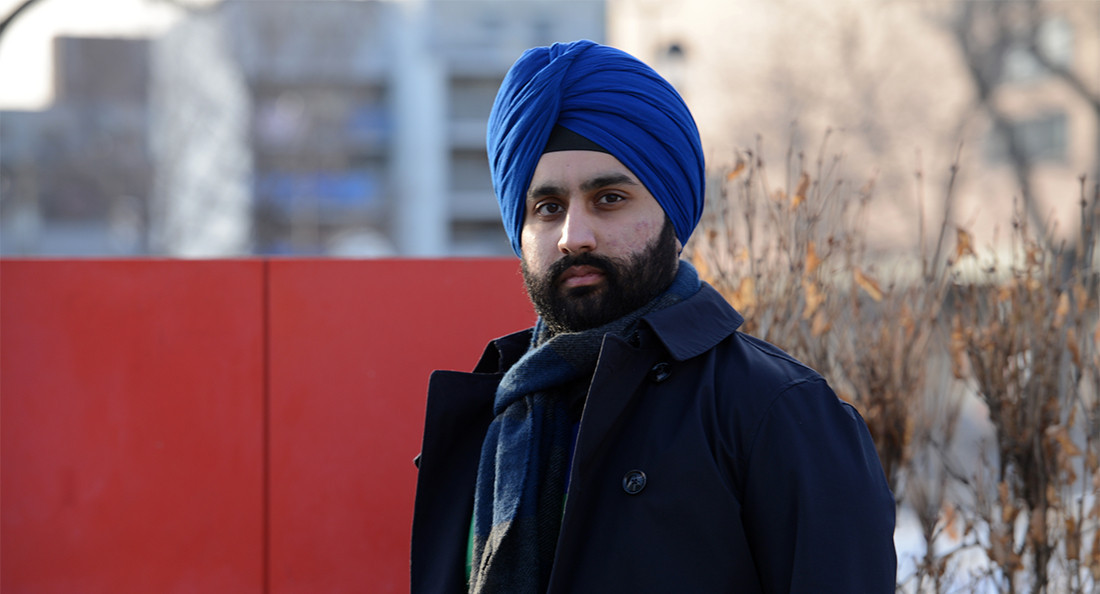New election rules for UWSA
Changes come after a chaotic spring 2020 election
The upcoming University of Winnipeg Students’ Association (UWSA) elections, happening in late March, may mark the beginning of a new chapter for the organization.
On Feb. 24, its board of directors approved a new set of rules to govern the student union’s elections. These changes follow a tumultuous few years at the UWSA, involving accusations of racism, social-media disinformation, numerous resignations and unfilled executive positions.
Shawna Péloquin, UWSA president, says these reforms are about moving the organization’s elections toward a more collaborative – rather than collective – model.
“We started looking at the bylaws to see which structures were more negative-oriented and which structures were more constructive,” she says.
This new set of elections rules is, in fact, the culmination of a long process. In an email to The Uniter, Shreya Jhunjhunwala, the UWSA’s marketing and public relations manager, says these “reforms were developed based on the recommendations we received from Catalyst Research and Consulting, the independent, external organization we hired back in the summer” of 2020.
The changes to the election rules are wide-ranging and profound. For instance, “slates” (where candidates for different positions run under a common platform) are now prohibited. Furthermore, the positions of vice-president student affairs and vice-president external affairs are now staggered two-year term positions, in order to ensure a greater continuity within the organization’s executive team.
Péloquin, who was elected to her position in November 2020, will not seek a second term.
“I did the work that had to be done at this time,” she says, emphasizing that she is proud of the changes she was able to bring to the UWSA.
“I feel more comfortable now telling people to get involved in politics, because I’m not throwing them in a cycle where they have to react and strategize to political competition,” Péloquin says.
As part of the new reforms, two single-term and two double-term emerging leader director positions have been introduced, with the goal of long-term leadership recruitment and development.
Kiratveer Hayer, UWSA student living director, was one of two members of the board of directors who voted against these election reforms. His main concern is regarding the creation of the Election Accountability Board (EAB), which, according to the new rules, “acts on behalf of the UWSA membership to support the (Chief Elections Commissioner) and (Election Campaign Facilitators) in the management of a fair and transparent election and referendum process.”
Hayer, who believes the election rule changes should have been subject to a referendum vote, takes issue with the new process regarding election complaints and believes the members of the EAB (executives and directors not up for re-election) may have a conflict of interest due to personal connections or ideological affiliations with candidates.
“They’re making it so that the people on the EAB will have all of the power in the election,” he says.
The nomination period ends on March 11, campaigning will take place from March 22 to 26, and the voting period is from March 29 to 31.
For more information on UWSA elections, visit theuwsa.ca/elections.
Update: in an email to The Uniter, the UWSA noted that Kiratveer Hayer's opinions do not reflect those of the UWSA board or the president. The UWSA encourages students to review its official statement on the reforms and to submit feedback at theuwsa.ca/uwsa-reforms-feedback.
Published in Volume 75, Number 21 of The Uniter (March 11, 2021)







